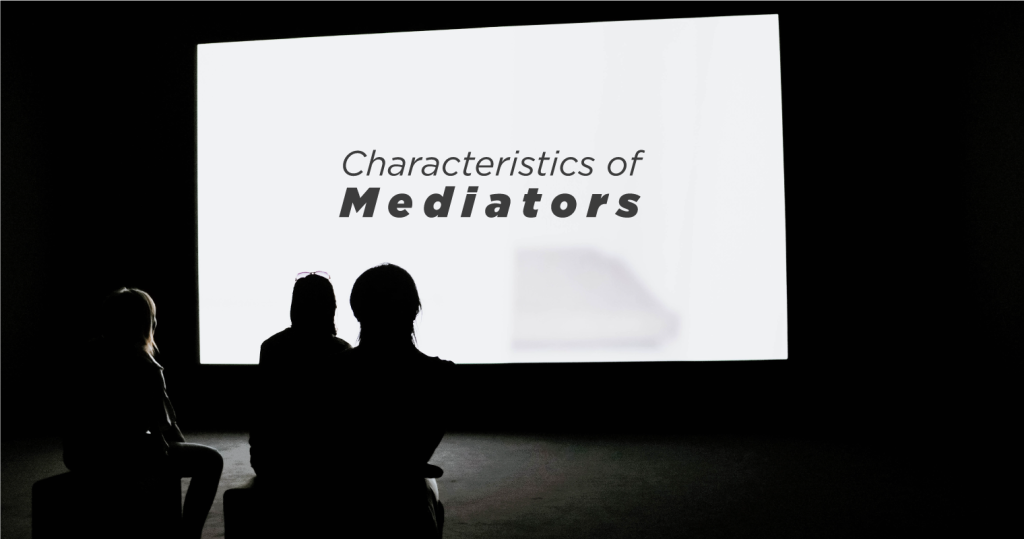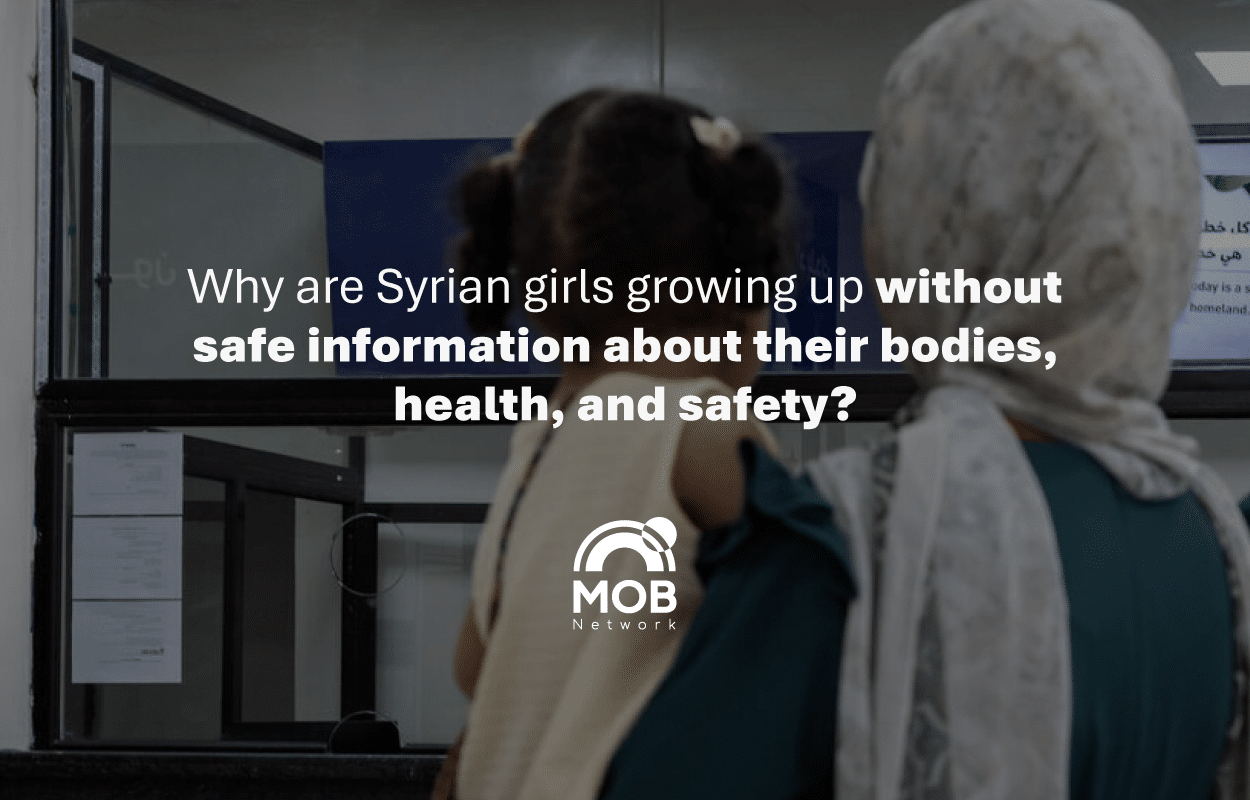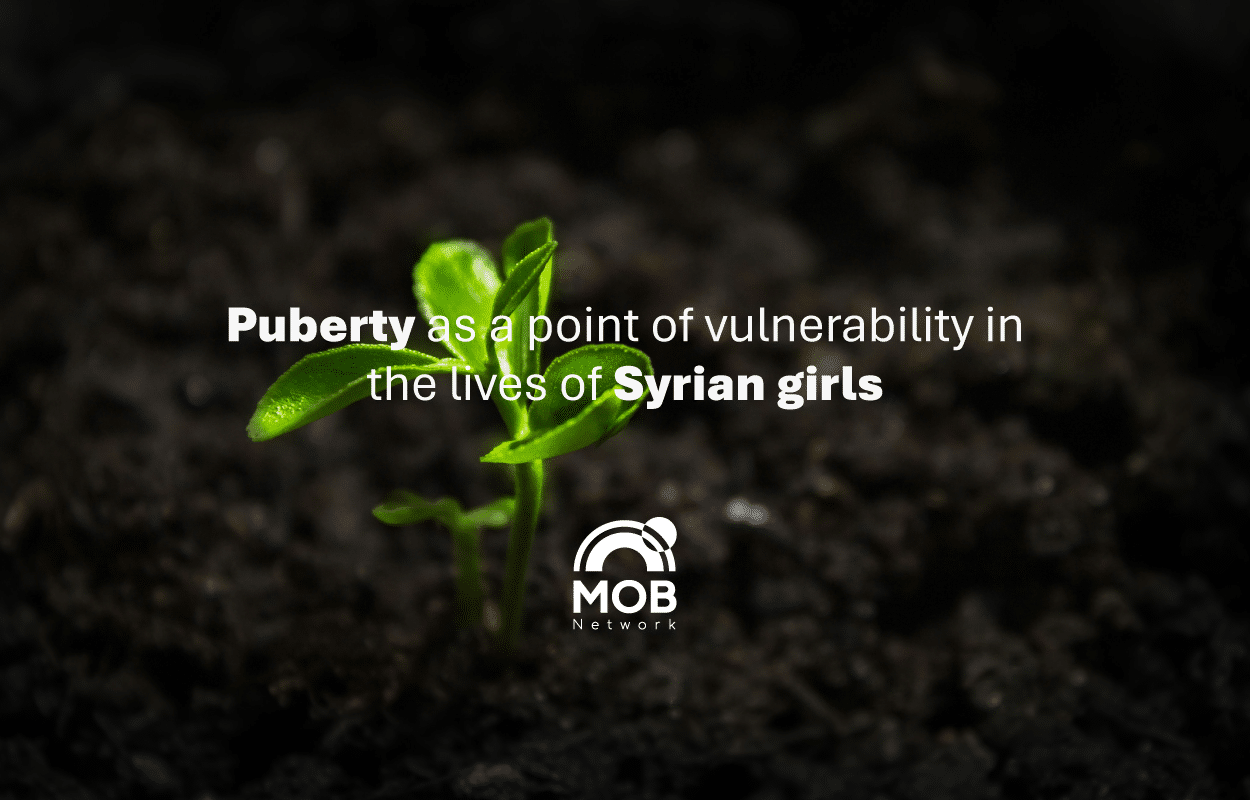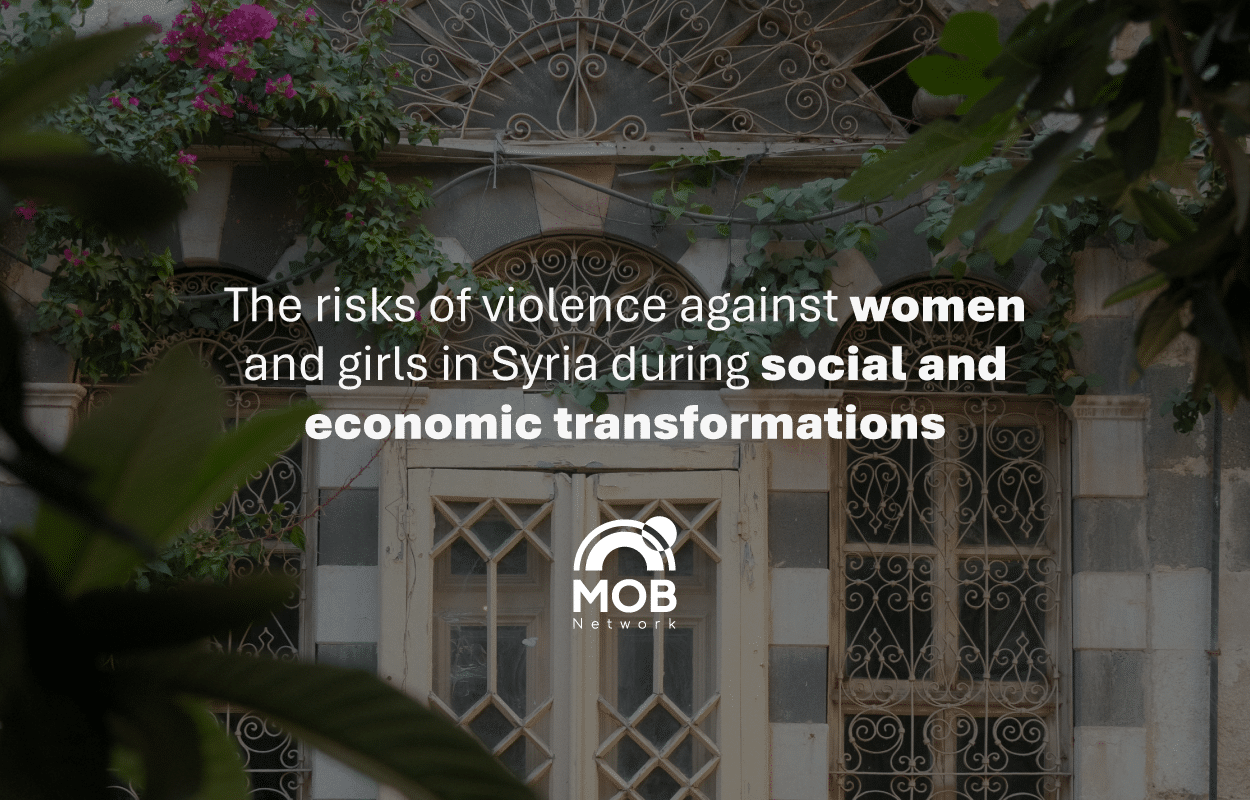How the mediator designs the process to go from “No” to “Yes”
The truck stopped and workers unloaded the furniture agreed upon between the merchant and the manager of the educational institution, but some seats were clearly broken and damaged, and when the manager saw that, she refused to receive the furniture and asked the workers to return the furniture to the merchant’s stores, and here the conflict began.
The merchant says that the furniture came out of the stores intact, and the manager says that she paid the required price, and that she will not receive the furniture unless it is intact.
The manager of the educational institution in Homs tells us: I resorted to a mediator because I did not and will not resort to courts, because the trials are long and expensive, in addition, there is an on going working relationship between us as an institution and the merchant, even if this relationship is currently turbulent, better than being severely damaged.
The mediator is a well-known religious man, and despite the kinship between the merchant and the mediator, I resorted to him for his integrity, objectivity and neutrality.
He tried hard to reach a solution with us, but the only item we agreed on during the process was to disengage the workers from the dispute, and the rest of the items remained pending.
Characteristics of Mediator

Mediation is defined as a process in which a neutral third party assists in resolving a conflict between two or more other parties as a nonviolent approach to problem solving.
Mediator: Every third party who are required to conduct mediation effectively, neutrally and efficiently.
The mediator role is essential in the process, as they facilitate communication between the parties and help them focus on the core issues of the conflict, generating options that meet the interests or needs of all parties and direct them.
they take cooperative steps to solve the identified problem, maximizing on mutual benefits for the parties.
The mediator explains that the goal is the settlement, and design the process for achieving settlement and sets the ground rules for the sessions.
they classify the issue and frame it for the disputants.
mediators discourage discussion of the past because it leads to blaming
behaviors, instead they focus on the present and the future, and how to solve the current problem and achieve mutual benefits and mutually satisfactory agreements.
Neutrality and impartiality are some of the mediator qualities
The mediator clearly declares that impartiality is the most important thing for him, and that he is there to provide assistance to both parties, the mediator may have some strong feelings about the right and wrong of what one of the parties might do, but if they mention it or hint at it during sessions or appears to support a party over another, in that case the mediator has turned to a party, so they won’t be useful here, unless they try to be as objective as possible and leave their personal feelings out.
Here they’re neutral for bias and not for injustice, as here they’re like the referee of a match, they do not take sides with a team, but rather imposes the rules, and their behavior must also give equal time and attention to both parties.
Some of the mediator’s secret qualities
the mediator says from the beginning that everything discussed inside the room will not be disclosed in any way outside the room, any information that the parties do not agree to make public, will not be disclosed.
Mediator skills

The mediator has many skills, the most important of which are:
Rephrasing
rephrasing is to express what you have heard in a way that preserves the content of the speech, changing only its form.
The mediator’s job becomes to rephrase what each side has said in a way that reduces hostility.
The ultimate goal of the rephrasing is to create a common definition of the problem which is acceptable to both parties, and to increase the possibility of finding more collaborative solutions.
Rephrasing can happen quickly if it’s accepted by parties, or it can take more time if it’s not .
Feelings management
Feeling management is a group of strategies that aim to constructively control emotional feelings and the expression of anger.
When we enter into a particular conflict with other people, we allow ourselves to be possessed by anger, and the mediator can apply anger management techniques during conflict, especially in cases of divorce and work disputes. anger management does not mean eliminating it, but controlling and directing it properly.
Power of Questions
power of questions is one of the mediator’s skills
Asks various questions in order to reach the needs, feelings and fears of the parties. and some of the types of the questions asked are
Open, circular and reflective questions.
Listening
Before the mediator expects to obtain clear and accurate information about the conflict from a party experiencing an emotional disturbance, It is necessary to enable this party to engage in the process of venting their feelings.
Venting out primarily requires an understanding listener who is committed to the process.
Mostly people who need to vent give verbal and nonverbal signs and a good listener will be sensitive enough to recognize them.
The parties to a conflict often feel that no one on the other side will listen or care what they have to say, or that their message has been received.
The mediator tries to create an environment that allows the conflict parties to listen to each other, they will have the opportunity to tell their story and hear things they have not heard before, in the hope that the trust building process between the parties will begin.
“Walk in someone else’s shoes” a clergyman in a monastery in Homs began with this sentence, and of course he works in mediation.
He told us how a n intense dispute broke out between a head of an association and young volunteers who demanded a chance to prove their abilities, and the retirement of the head of the association after managing the association for a long time, and that they have the right to manage the association, while the head of the association considered that he had the right to remain as its president because of his experience, efforts and the years he spent in the service of the association.
The clergyman continues.. as I was responsible for following up on the association, and my closeness to the youth and the president of the association at the same time, and my knowledge of the conflict context , its causes and parties, and my knowledge of the people who supported and obstructed the process, and upon their request, I intervened as a mediator between the two parties, from the first meeting through to the one on one interviews with continuous analysis of the conflict, setting up venting activities, managing the strong feelings that exist on both sides, and trainings for the conflicting parties to understand each other’s positions.
After several sessions, we were able to put in place a law to determine the person’s term as president of the association, and we were eventually able to conclude an agreement that satisfies both parties.
Yes, I learned something very important from this experience, which is that each person has circumstances and reasons that push him to take a certain stand.
Yes, you have to Walk in someone else’s shoes, so the clergyman ended his words.
“There is no way to reach a peace agreement unless the mediator or negotiator views both sides as equals.”
Jimmy Carter Tweet
As we have seen, the mediator is a facilitator who guides people to
express their needs and experiences, and to listen to each other. He must be neutral and unbiased, and he needs multiple skills, including communication, dialogue, listening and rephrasing.
Have you heard of a highly skilled mediator?
share it with us commenting on this article
Author: Balsam Ibrahim
Read also: Mediation: The Art of Knowing the Wishes of Conflict Parties





